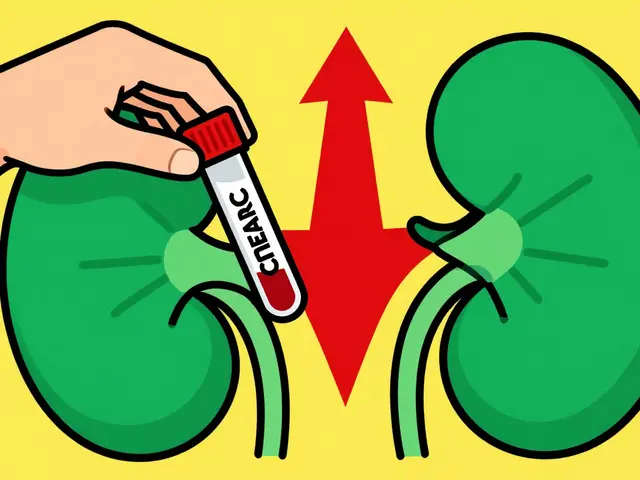Post‑Surgery Care: Practical Tips for a Smooth Recovery
Just had an operation? You’re probably wondering what comes next. The first days after surgery are all about protecting the wound, easing pain, and getting your body back on track. Below you’ll find simple steps that actually work, no fancy jargon.
Keep the Wound Clean and Dry
The most important rule is keeping the incision site clean. Gently wash the area with mild soap and water once a day unless your doctor says otherwise. Pat it dry with a clean towel – don’t rub. If you have stitches, follow any specific instructions about when to remove them or change dressings.
Manage Pain Without Overdoing It
Pain meds are there for a reason, but taking more than prescribed can slow healing. Stick to the schedule your surgeon gave you and note how each dose affects you. If pain spikes after activity, pause and apply an ice pack for 15 minutes – just make sure to wrap it in a cloth.
Staying hydrated helps both pain control and wound healing. Aim for at least eight glasses of water a day unless your doctor limits fluid intake. Light, protein‑rich meals also give your body the building blocks it needs to repair tissue.
Movement feels risky right after surgery, but gentle activity is key. Start with short walks around your house or hallway. Even five minutes every couple of hours can prevent blood clots and keep muscles from stiffening. Increase distance gradually; listen to your body.
If you’re on bed rest, do simple leg exercises like ankle pumps or heel slides. These tiny motions improve circulation and lower the chance of swelling. You don’t need a physiotherapist for these basics – just follow the instructions that come with your discharge papers.
Sleep is when most healing happens, so create a comfortable environment. Elevate the operated limb with pillows if you’re told to keep it raised. Keep the room cool and dark, and avoid caffeine late in the day.
Watch for warning signs that need a doctor’s eye: increasing redness, swelling, foul odor from the incision, or fever above 100.5°F (38°C). If any of these appear, call your clinic right away – early action prevents bigger problems.
Finally, keep a short diary of your recovery. Note pain levels, medication times, activity minutes and any changes in the wound. This record helps you see progress and gives your surgeon clear info if you need a follow‑up.
Recovering from surgery isn’t rocket science; it’s about consistent care and listening to your body. Use these tips daily, stay in touch with your medical team, and you’ll be back to normal sooner than you think.






